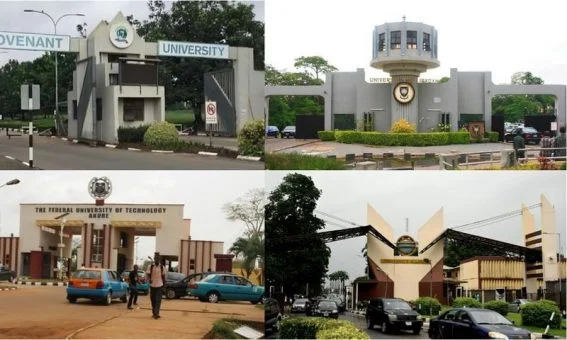Nigeria’s higher education is on the brink. Once lauded as a beacon of intellectual promise in Africa, the country’s university landscape is now marred by systemic failure, manifest in technical hiccups during national exams, underfunded institutions, disruptions from chronic strikes, and a stubborn adherence to colonial-era practices. These mounting pressures are not just threatening academic integrity; they jeopardise a generation’s future—and by extension, Nigeria’s socio‑economic trajectory.
Table of Contents
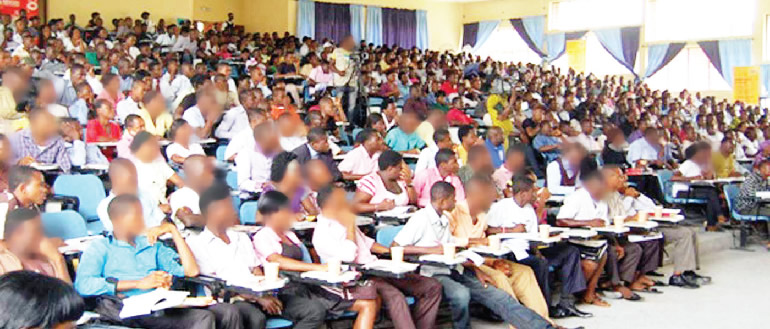
UTME Turmoil: University Education Collapse in Real Time
In May 2025, more than 300,000 candidates were left stranded when the Joint Admissions and Matriculation Board (JAMB) UTME system failed at testing centres nationwide. For many students, this technical meltdown was not a one-off glitch but a culmination of deeper malaise: overcrowded exam halls, outdated infrastructure, and administrative ineptitude. Tosin Joshua, Deputy Speaker of the National Association of University Students (NAUS), called it “evidence of the systematic annihilation of our collective future.”
This dramatic failure also highlights a glaring disconnect between lofty examination standards and real-world delivery, further alienating already frustrated students. Disillusionment has grown, with calls emerging for a national memorial for victims like Opesusi Faith Timilehin— a tragic emblem of institutional neglect.
Fiscal Deficit: A Chronic Underinvestment
Despite UNESCO’s guideline that at least 15–20% of national budgets be devoted to education, Nigeria has persistently fallen short. The 2023 education budget stood at just 8.8%—a figure deemed “insulting” by NAUS. Even when oil revenues surged, funding remained negligible; in 2024–25, allocations hovered around 5–6% of GDP, well below the required threshold.
This chronic underfunding manifests in dilapidated classrooms, outmoded laboratories, unpaid salaries, and an inability to retain qualified staff. The result: overcrowded lecture halls, anaemic research output, and degrees lacking in real-world relevance. As one University of Ibadan don noted, the tertiary system still operates under a colonial blueprint from the 1940s—an educational relic at odds with modern realities.
Academic Strikes: The Invisible Predator
Frequent strikes by the Academic Staff Union of Universities (ASUU) have become almost ritualistic. What should be a four‑year degree stretches into five or six years; medical degrees sometimes drag on for eight. What’s often overlooked is the mental toll: students lose momentum, families incur extra costs, and ambitious youths migrate abroad for stability.
Professor Olayinka of UI vividly describes these “high opportunity costs” and fading hope. As a result, graduation rates decline and the brain drain intensifies, pushing Nigeria closer to a crisis of human capital.
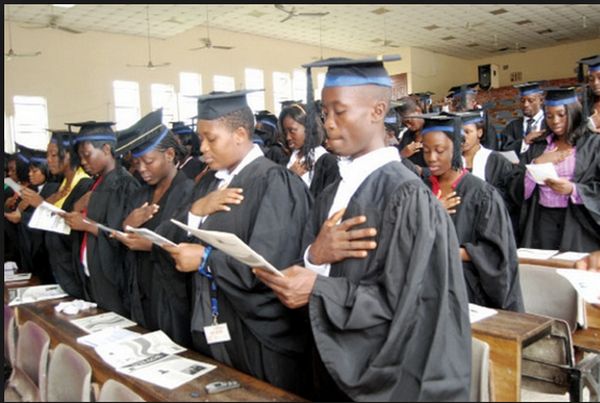
Quality vs. Quantity: Degrees Without Depth
Between 1999 and 2025, the number of Nigerian universities surged from around 41 to over 280. But expansion has often meant dilution. Tolu Grey, a respected education commentator, highlights the system’s shift toward producing masses of mediocre graduates, rather than individuals equipped for innovation.
Today’s graduates are frequently caught up in quick‑fix entrepreneurship programmes—selling soaps or shoes—rather than being trained as thinkers, researchers, or world-class professionals. Grey warns this shift from “knowledge to commerce” risks hollowing out universities’ societal roles.
Gender Disparities and Violence in Education
Beyond general dysfunction, Nigeria continues to struggle with unequal access for girls and insecurity in certain regions. UNESCO estimates around 20 million children are out of school—the majority are girls. According to UNICEF, 50% of girls are not completing basic education, thanks to early marriage, cultural bias, violence, and inadequate facilities. In the North, school attacks and kidnappings add another deadly layer of risk . University reforms cannot succeed while large populations remain excluded or unsafe.
What’s Breaking—and What Could Fix It
1. Curriculum Modernisation & Digital Overhaul
Nigeria’s educational model is outmoded. Experts stress the need for comprehensive curriculum reform integrated with digital infrastructure. In April 2025, the federal government launched a $40 million “Blueprint ICT Development” project targeting 10 federal universities for smart campuses, digital libraries, and an administrative systems overhaul. While a solid step, the initiative must scale far beyond an initial list to benefit Nigeria’s systems-wide crisis.
2. Bold Funding Intervention
A radical retrenchment of resource allocation is critical. Learning from UNESCO’s mandate, the government must prioritise education, not as a political concession, but as a national imperative. Investment in basic, tertiary and vocational sectors must be transparent and protected from mismanagement.
3. Taming Strikes Through Dialogue & Policy
Prolonged strikes illustrate dysfunctional labour relations. A comprehensive framework ensuring fair remuneration and governance stability must be agreed upon. Structural reform should protect academic calendar integrity, possibly through emergency legislation with accountability for both university staff and government agencies.
4. Institutional Purpose: Specialisation, not Saturation
Not every university can be or should be everything. Grey and others advocate for a strategic moratorium on new universities and a pivot towards deepening capacity in existing ones. Each institution could be designated a national centre of excellence for engineering, health sciences, and humanities—with clear funding and mandates.
5. Industry-Academia Partnerships & TVET Integration
There’s a growing consensus around linking universities with industry. Alausa’s TVET (Technical and Vocational Education and Training) initiative aims to close the gap between academia and employment by partnering education with real‑world work. Universities must likewise embed applied research centres and apprenticeship programmes to ensure skills match market needs.
6. Gender Equity & Rural Access Campaigns
Addressing long-standing gaps through scholarship programmes, infrastructure upgrades (such as sanitation facilities), and indigenous language instruction—all these measures are gaining traction. Female participation requires targeted outreach and girl‑friendly environments, especially in conflict zones.
Roadmap for Remediation
| Challenge | Proposed Fix | Impact |
|---|---|---|
| Underfunding | Increase education budget to UNESCO benchmarks; implement transparent tracking systems | Improved facilities, teacher retention |
| Strikes | Develop binding labour‑government agreements; emergency teaching funds | Stability, shortened academic timelines |
| Quality dilution | Introduce a moratorium on new universities; incentivise specialisation | Stronger academic profiles, research growth |
| Digital gap | Scale up ICT ed‑reforms across universities and basic schools | Modernised learning, global competitiveness |
| Access inequality | Expand universal basic education; invest in girl‑friendly infrastructure | Inclusive enrolment, social empowerment |
| Industry disconnect | Scale TVET and industry‑linked academic programs | Direct employability, economic productivity |
National success hinges on political will—and a shared recognition that tertiary education is not discretionary overhead, but a strategic asset.
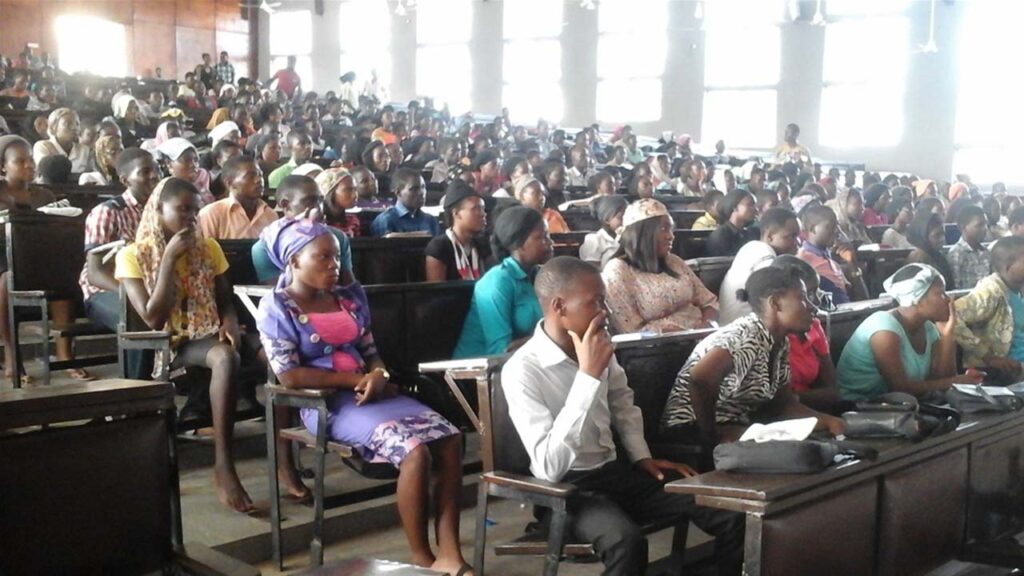
A Moment of Reckoning—and Opportunity
Nigeria’s university system is not merely broken—it endangers the nation’s future. Declining standards, bureaucratic inertia, and negligent under-investment have left institutions at risk of becoming irrelevant relics.
But the crisis also offers a watershed moment. With global digitalisation accelerating, transforming universities can now position Nigeria once again as a continental thought-leader. The alternative is intellectual stagnation and ongoing capital flight.
Leaders must act decisively. Empower ASUU and student bodies through channelled engagement, not confrontation. Fund reforms transparently. Enact digital strategies nationwide. Protect girls’ education. Realign universities to national priorities and markets. Intervene boldly in administrative failures like UTME.
Nigeria stands at a crossroads: entrench a hollow academic culture, or retool universities into engines of innovation and progress. The stakes are existential, and the time to act is now.
Join Our Social Media Channels:
WhatsApp: NaijaEyes
Facebook: NaijaEyes
Twitter: NaijaEyes
Instagram: NaijaEyes
TikTok: NaijaEyes
READ THE LATEST EDUCATION NEWS





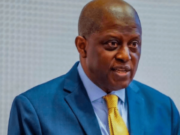








![Mr Macaroni Drops Blistering Remark: ‘APC Filled with Most Corrupt People’ as He Slams Tinubu’s Controversial Pardon for Criminals=]] Mr Macaroni](https://naijaeyesblog.com/wp-content/uploads/2025/03/Mr-Macaroni-1-1-180x135.avif)

![Chaos Erupts in Abuja Hotel as BBNaija Star Phyna Sparks Fierce Scene Over Alleged N200,000 Dispute [VIDEO] Phyna](https://naijaeyesblog.com/wp-content/uploads/2024/11/A-Picture-of-Phyna-BBNaija-180x135.jpg)




















